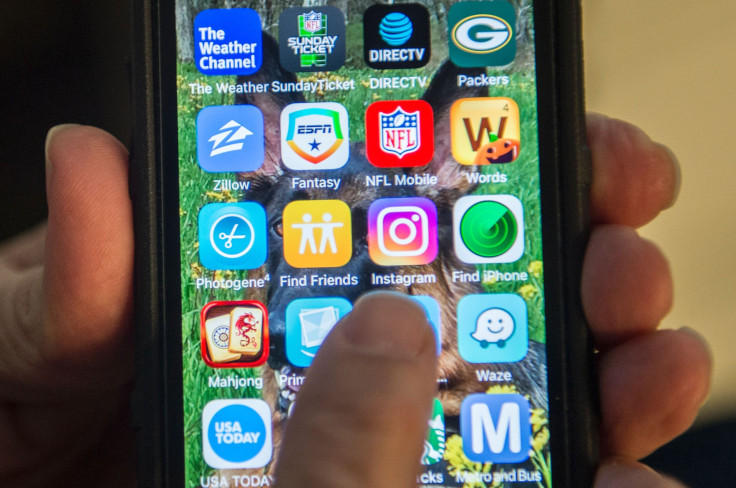Touchscreens Might Make You Spend More Money, Study Says

The type of mobile phone used by consumers could affect the necessity of prioritizing essential items over unnecessary wants, according to new research.
Researchers behind the study wanted to understand the implications that follow consumers shopping habits in a world that is immersed in touchscreen technology. They reported in the study "Getting in Touch with your Thinking Style: How Touchscreens Influence Purchase" that shopping on desktop computer screens increases rational thinking.
"The findings suggest that greater experiential thinking enhances a consumer’s preference towards hedonic products, while greater rational thinking endorses utilitarian products," the study's abstract read. "Together, this pattern leads touchscreen users to prefer hedonic products over utilitarian products."
Lead researcher Ying Zhu, a marketing professor at the University of British Columbia, Okanagan, spoke with International Business Times Friday about the study. Zhu explained the significance behind why the study needed to be conducted.
"Touchscreen technology has rapidly penetrated the consumer market and embedded itself into our daily lives," Zhu told IBT. "Given its fast growth and popularity, we know surprisingly little about its effect on consumers. With more than two billion smartphone users, the use of tactile technologies for online shopping alone is set to represent nearly half of all e-commerce by next year."
Zhu added, "As a researcher, I feel it is important to study the new phenomena and gain more knowledge about consumer’s behavior on touchscreen devices."
Zhu and her co-author Jeffery Meyer — an associate professor at Bowling Green University — conducted a series of experiments to determine their findings. The researchers surveyed 99 people from UBC. Through three separate experiments, they found that study participants behaved more rationally when using a desktop for online shopping compared to a touchscreen device.
The first study required participants placed in front of either a desktop or iPod Touch to exercise their shopping habits when presented a hedonic offer (a discounted restaurant certificate) or a utilitarian product (a discounted grocery certificate). The participants were then required to list their purchase intentions.
The additional studies performed also followed the pattern of placing a hedonic option against a utilitarian one. Researchers noted that "we successfully induced differences in hedonic and utilitarian attitudes between the two products."
Zhu explained to IBT that "fun nature" of touchscreen devices contributes to the experiment's results.
"We found that the playful and fun nature of the touchscreen enhances consumers' favor of hedonic products; while the logical and functional nature of a desktop endorses the consumers' preference for utilitarian products," Zhu said. "We also found that participants using touchscreen technology scored significantly higher on experiential thinking than those using desktop computers."
Zhu added, "Those on desktops scored significantly higher on rational thinking."
What should impulsive shoppers with touchscreen devices do? Zhu advises consumers to "put away the smartphone" if they're craving to splurge on a non-essential item.
Follow me on Twitter @dory_jackson
© Copyright IBTimes 2024. All rights reserved.





















